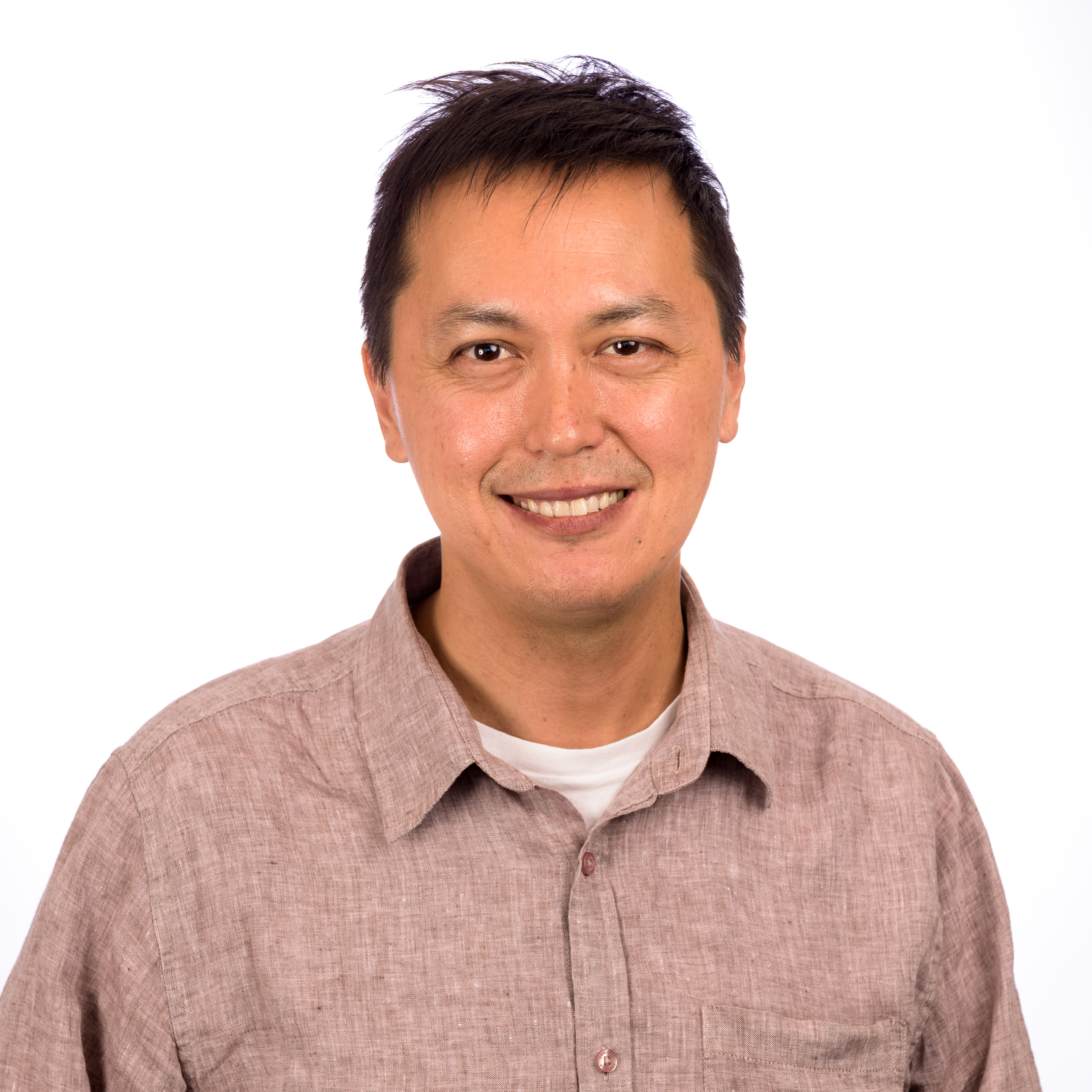By History Professor Jim Rush
Aaron Stephen Moore, who passed away this past Sunday, was a historian of modern Japan and East Asia and an associate professor of history at Arizona State University’s School of Historical, Philosophical and Religious Studies.
The only child of Lisa Chung Park Moore and Stephen William Moore, an American diplomat, Aaron Moore rose from a peripatetic childhood, and schooling on three continents, to earn his baccalaureate degree at the University of Virginia and, in 2006, his PhD at Cornell University. His doctoral dissertation explored modern Japan’s 20th-century age of conquest and revealed the links between Japan’s stunning advances in high technology and its imperial visions. This became the basis for his first book (2015), Constructing East Asia: Technology, Ideology, and Empire in Japan’s Wartime Era, 1931-1945. Following his doctorate, Moore became a research associate at the Reischauer Institute of Japanese Studies at Harvard University and taught at the Massachusetts Institute of Technology and Ohio University before joining ASU in 2008.
At ASU’s School of Historical, Philosophical and Religious Studies, Moore taught a wide array of courses about Japanese, Asian, and global history and contributed critically to the School’s online teaching programs and a new degree program in World War II Studies. He was a stalwart of the Center for Asian Research. He also served as director of graduate studies and in other official capacities and was instrumental in seeking significant grant support for Korean Studies at the university.
Moore’s scholarly research flourished at ASU. He launched new projects in the history of Japan-linked technologies in China, Korea, and Southeast Asia. This work led to several publications and to groundbreaking intellectual endeavors reflected in prestigious grants from the National Endowment for the Humanities and the Berlin-based Max Planck Institute for the History of Science, where he was a resident fellow. The scope of this new work is reflected in the titles of his co-edited volume (with Hiromi Mizuno and John Di Moia), Engineering Asia: Technology, Colonial Development, and the Cold War Order (2018), and his big work-in-progress, “Damming Asia: The Cold War and Japanese Post-Colonial Development in Asia.”
Moore lectured throughout the world and spoke several languages. He was an inveterate traveler and a global foodie known for his exotic choices and frequent food-photo postings. With his beloved wife, Nila Bhattacharjya, he led a full life to the end. He leaves behind legions of grateful students, admiring colleagues, and dear friends who will embrace his memory.
